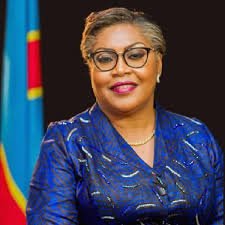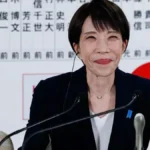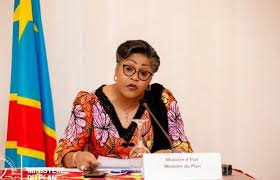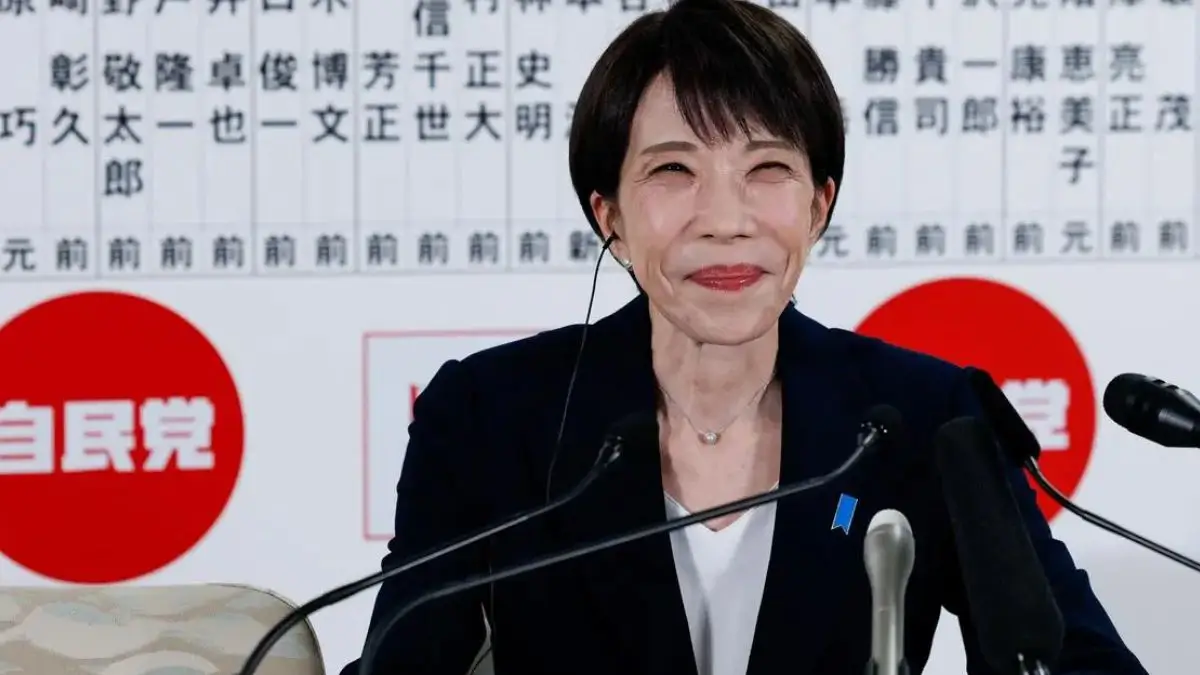Congo Appoints First Female Prime Minister Amid Eastern Violence
The Democratic Republic of Congo has made a historic stride by appointing its first female Prime Minister, Antoinette N’Samba Kalambayi, amidst escalating violence in the eastern regions. This significant development marks a pivotal moment in the nation’s political landscape, signifying a move towards gender inclusivity and leadership diversity. The appointment comes at a critical juncture as the country grapples with persistent unrest and security challenges, particularly in the eastern provinces plagued by armed conflict and humanitarian crises.
Amidst mounting pressure for political reforms and peacebuilding efforts, President Félix Tshisekedi’s decision to nominate Antoinette N’Samba Kalambayi underscores the government’s commitment to fostering gender equality and empowering women in positions of authority. Kalambayi’s extensive experience as a seasoned politician and advocate for social justice equips her to navigate the complex socio-political dynamics and steer the nation towards stability and prosperity.

Why this News is Important:
Historic Milestone for Gender Equality: The appointment of Congo’s first female Prime Minister marks a significant milestone in the nation’s history, signaling a shift towards greater gender inclusivity and empowerment in leadership roles. This achievement underscores the importance of breaking traditional barriers and promoting women’s participation in politics and governance.
Addressing Security Challenges: Amidst escalating violence in the eastern regions, the appointment of Antoinette N’Samba Kalambayi highlights the government’s efforts to address security challenges and promote peacebuilding initiatives. Her leadership is expected to bring fresh perspectives and strategies to mitigate conflict and foster stability in the country.
Historical Context:
Background: The Democratic Republic of Congo has a long history of political instability, characterized by armed conflict, ethnic tensions, and resource disputes. Decades of authoritarian rule and internal strife have hindered the nation’s progress and contributed to widespread poverty and humanitarian crises.
Gender Representation in Politics: Women have historically been underrepresented in Congolese politics, with limited opportunities for leadership roles and decision-making positions. Despite facing numerous challenges and obstacles, women have been actively involved in grassroots activism and advocacy for social change.
Key Takeaways from “Congo Appoints First Female Prime Minister Amid Eastern Violence”:
| Serial Number | Key Takeaway |
|---|---|
| 1. | Historic appointment of Congo’s first female Prime Minister |
| 2. | Appointment amidst escalating violence in eastern regions |
| 3. | Significance for gender equality and women’s empowerment |
| 4. | Addressing security challenges and promoting peacebuilding |
| 5. | Symbolism of resilience and determination of Congolese women |
Important FAQs for Students from this News
1. What is the significance of Antoinette N’Samba Kalambayi’s appointment as Congo’s first female Prime Minister?
- Antoinette N’Samba Kalambayi’s appointment signifies a historic milestone for gender equality in Congo’s political landscape. It highlights the nation’s progress towards greater gender inclusivity and empowerment in leadership roles.
2. How does the appointment of Congo’s first female Prime Minister relate to the ongoing violence in the eastern regions?
- The appointment comes amidst escalating violence in the eastern provinces, emphasizing the importance of addressing security challenges and promoting peacebuilding initiatives.
3. What are the key challenges faced by the Democratic Republic of Congo in terms of security and stability?
- The Democratic Republic of Congo grapples with various challenges including armed conflict, ethnic tensions, and resource disputes, particularly in the eastern regions. These issues hinder the nation’s progress and contribute to widespread humanitarian crises.
4. How does Antoinette N’Samba Kalambayi’s leadership represent a symbol of hope for Congolese women?
- Antoinette N’Samba Kalambayi’s appointment as Prime Minister symbolizes the resilience and determination of Congolese women in overcoming barriers and contributing to nation-building efforts. Her leadership is expected to inspire future generations of women leaders.
5. What role does gender representation play in Congolese politics, and how has it evolved over time?
- Women have historically been underrepresented in Congolese politics, facing limited opportunities for leadership roles. However, there has been a gradual shift towards greater gender inclusivity, with women actively involved in grassroots activism and advocacy for social change.
Some Important Current Affairs Links

















